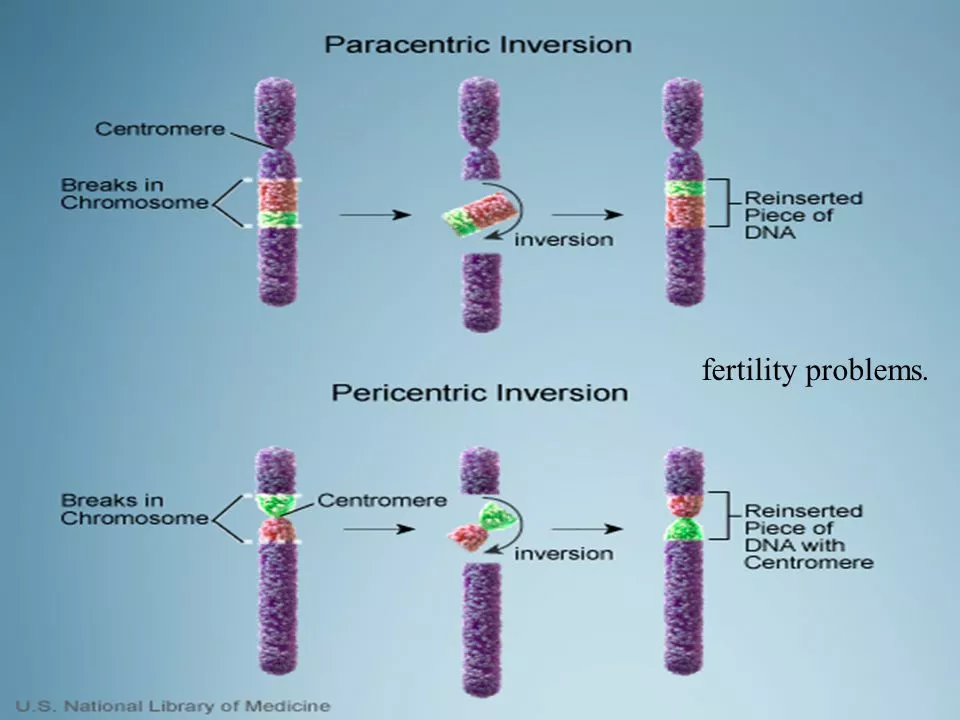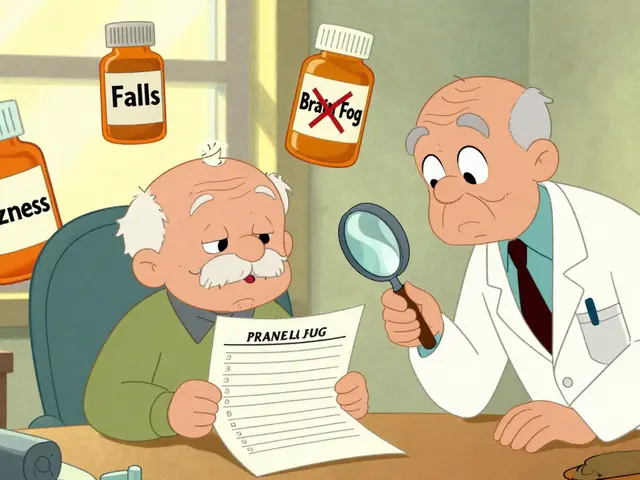Chromosome-Positive Lymphoblastic Leukemia (Ph+ ALL): What to Know
If your doctor said "chromosome-positive" or "Philadelphia chromosome" with lymphoblastic leukemia, you probably have Ph+ ALL. That name simply means leukemia cells carry the BCR-ABL1 fusion gene — a genetic change that drives disease growth but also gives a clear target for treatment. Knowing that makes a big difference: targeted drugs exist and they change outcomes compared with older approaches.
How doctors confirm it
Testing is fast and specific. A blood or bone marrow sample can be checked by cytogenetics or FISH to see the Philadelphia chromosome, and PCR measures BCR-ABL1 levels. Ask for both: cytogenetics/FISH confirms the chromosomal change, PCR tracks how much disease is left over time (MRD). MRD testing after treatment tells whether therapy is working and helps guide next steps.
Treatment usually pairs chemotherapy with a tyrosine kinase inhibitor (TKI). Common TKIs used are imatinib and dasatinib; ponatinib is an option if there’s resistance or a specific mutation called T315I. These drugs block the BCR-ABL1 protein and slow leukemia growth. For many people, TKI plus chemo can lead to remission.
What to expect from newer options
Beyond TKIs and chemo, other tools exist for tough cases. Blinatumomab (a bispecific antibody) and inotuzumab (an antibody–drug conjugate) can treat relapsed or refractory B‑cell ALL. CAR‑T cell therapy is an option if other treatments fail. And for some patients, an allogeneic stem cell transplant is recommended after remission to lower relapse risk. Your age, overall health, and MRD status shape that decision.
Side effects matter and vary by drug. TKIs can cause fatigue, nausea, fluid retention, or rare heart and blood-clotting issues — ponatinib has higher arterial clot risk. Blinatumomab can trigger cytokine release or neurologic symptoms. Ask your team about what to watch for and how they’ll test your heart, liver, and blood counts during therapy.
Practical steps you can take now: 1) Ask for BCR‑ABL1 PCR testing and a clear MRD schedule. 2) Request a review of TKI options and side effects based on your health. 3) Talk about fertility preservation before intensive therapy if this applies. 4) Check whether clinical trials are available — many Ph+ ALL trials test newer drug combos. 5) Plan infection precautions during chemo: vaccinations, avoiding sick contacts, and prompt fever reporting.
Finding the right team helps. Ph+ ALL care works best with hematologists who treat acute leukemias regularly and with access to transplant, targeted therapies, and clinical trials. Don’t hesitate to get a second opinion if you want more clarity on transplant timing or which TKI to start.
If you want more practical reads, our site collects articles about targeted drugs, monitoring strategies, and treatment alternatives that can help you talk with your doctor and make informed choices. Ask questions, bring notes to appointments, and keep copies of your test results — those details make a difference when decisions are time-sensitive.




